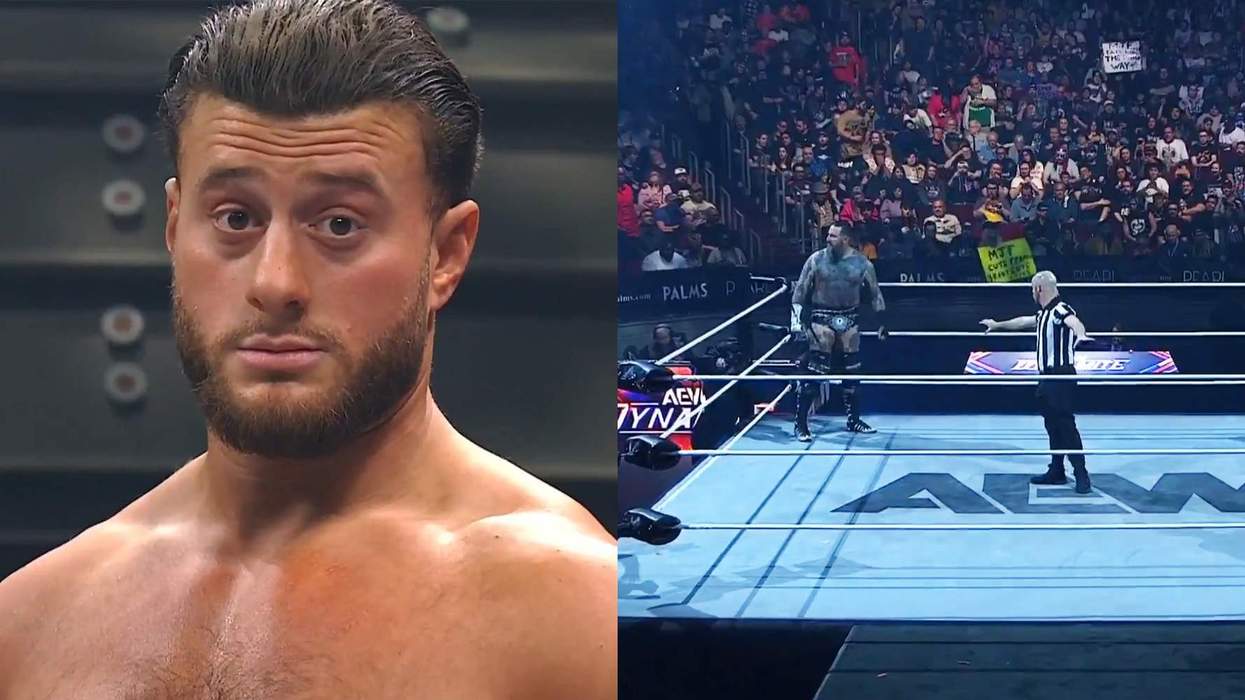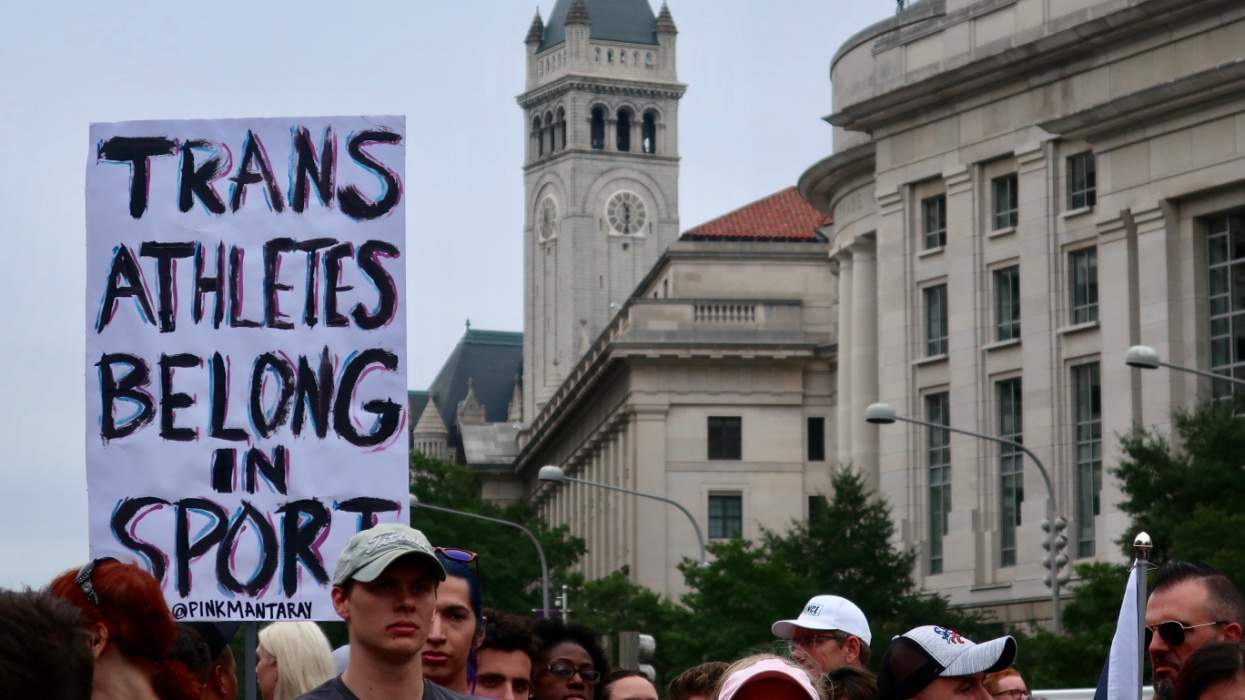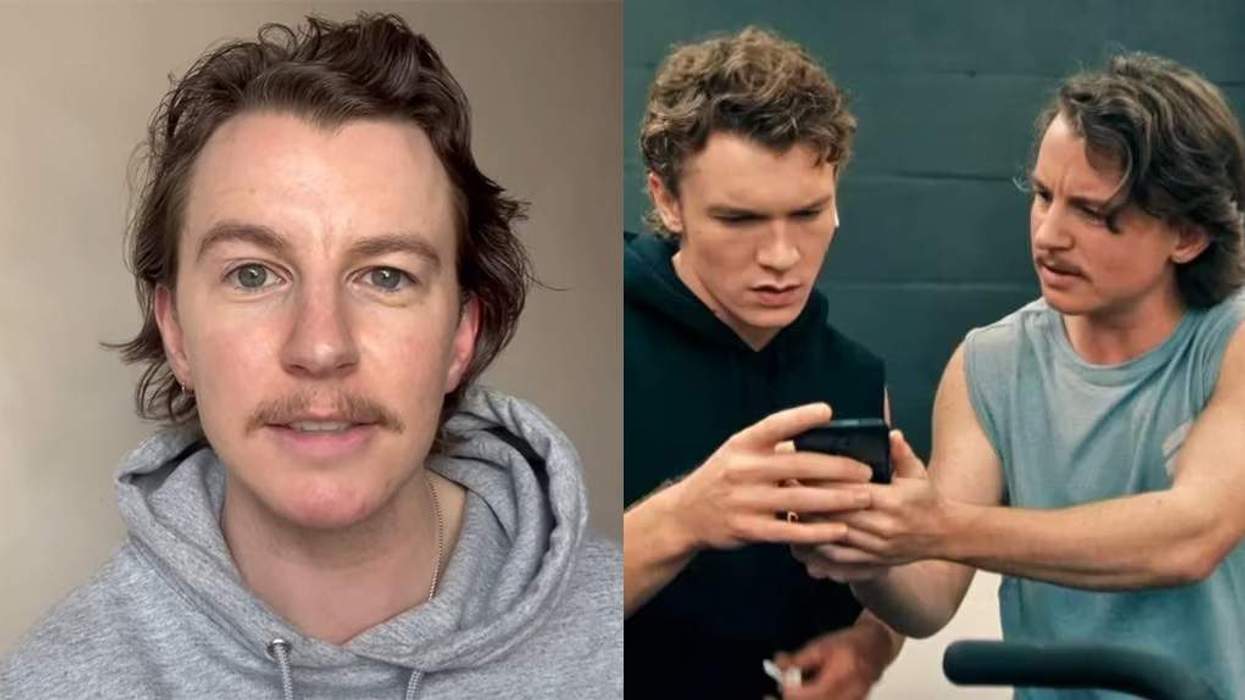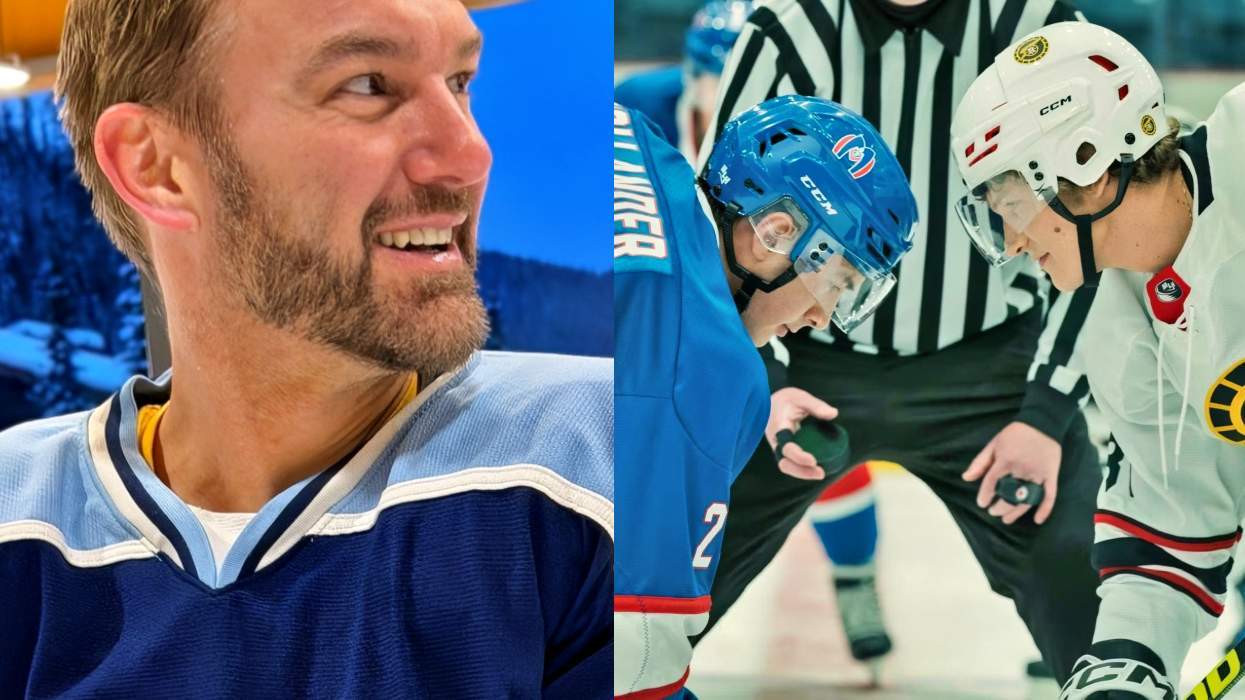(CNN) -- FIFA President Gianni Infantino pleaded with countries to let football take center stage ahead of the World Cup in Qatar, but it hasn't quite worked out like that.
Soccer's global governing body has found itself at loggerheads with seven European nations over the threat of sanctions for any player wearing a "OneLove" armband during games.
The eleventh-hour announcement from FIFA has created a rift between soccer's governing body and the seven nations involved, although neither side has emerged free from criticism.
The "OneLove" armband -- which features the outline of a heart striped in different colors -- was intended to be worn by captains from England, the Netherlands, Belgium, Denmark, Germany, Switzerland, and Wales at the World Cup to promote inclusion and display solidarity with people of different genders and sexual identities.
But hours before England captain Harry Kane was scheduled to wear the armband against Iran on Monday, FIFA said any player wearing the armbands would receive a yellow card, putting them in danger of being sent off or banned from a later game in the tournament.
FIFA regulations state that team captains must wear armbands provided by the governing body, even though it said it "supports all legitimate causes, such as 'OneLove.'"
However, the debacle has rumbled on as a sideshow to the tournament itself.
If players like Kane didn't wear the armband, Belgian Foreign Affairs Minister Hadja Lahbib did as she talked to Infantino at the World Cup game between Belgium and Canada on Wednesday.
German Interior Minister Nancy Faeser also wore the armband with Infantino sitting close by during her country's 2-1 defeat against Japan.
"It's quite scary for LGBTQ+ communities around the world to see our lives be so controversial ... It's become this quite painful, drawn-out debate that is questioning on a global scale the validity of LGBTQ+ lives," Liz Ward, director of programs at LGBTQ+ charity Stonewall, told CNN Sport.
In a joint statement, the seven European federations said they asked their captains not to wear the "OneLove" armband as they couldn't "put players in a position where they could face sporting sanctions including bookings."
That stance was reinforced by Jakob Jensen, CEO of the Danish FA, who told CNN Connect the World this week that it's "not the responsibility of the players to discuss human rights in Qatar, or to discuss the decisions of FIFA."
"These fantastic football players in our team, they've been dreaming of the World Cup since they were little boys," Jensen said.
"We do not want to take them off the pitch. We want the matches to be won on the pitch, not behind a desk. So that's why we chose to do this."
If players receive two yellow cards in two different matches, they are automatically suspended from their next match at the World Cup, while two yellow cards in the same match would see them sent off.
But some former players believe it would have been a risk worth taking.
"That would have been a great statement," said former Republic of Ireland midfielder Roy Keane, speaking as a pundit on ITV.
"Do it for the first game, if you get your yellow card, what a message that would have been from Kane or [Wales captain Gareth] Bale.
"Take your medicine, and then the next game you move on. You don't wear it because obviously you don't want to be getting suspended. I think it was a big mistake."
Josh Cavallo, the only openly gay top-flight male soccer player in the world, told CNN that he felt "excluded" by the decision to sanction players for wearing the armband, while others have questioned how much impact the gesture might have in Qatar, a country where sex between men is illegal and punishable by up to three years in prison.
"Conversations I've had with people from the LGBTQi+ community have already described that messaging as vague and lacking in a real statement in what it's actually trying to achieve," Australian midfielder Jackson Irvine told reporters.
One campaign group agrees.
"The 'OneLove' armband was nothing more than a token gesture," Khya Gott, a representative for Pride in Football, told CNN Sport.
"It didn't make the dramatic statements they wanted it to. Gestures from players are important, and very much needed, but only if they're done correctly."
Gott also noted that the "OneLove" campaign isn't just about LGBTQ rights, but ending discrimination in all its guises.
That was made clear in a September press release from the English Football Association, which said the campaign uses the power of football to "promote inclusion and send a message against discrimination of any kind as the eyes of the world fall on the global game."
Team captains wore the "OneLove" armband during UEFA Nations League games several months before the start of the World Cup, but it was only on Monday that FIFA announced the possibility of sanctions for players wearing the armband in Qatar.
It hasn't wholly deterred some players from trying to express their feelings about the "OneLove" controversy in other ways.
Germany's players briefly covered their mouths with their hands ahead of their game against Japan, signaling that FIFA had prevented them from using their voices to speak up about certain issues at the World Cup.
The Danish FA feels similarly aggrieved by the situation.
"We're trying to press FIFA on this," said Jensen. "We wrote to FIFA on September 19 [about wearing the 'OneLove' armband]. We got an answer on the very day that England was playing its match.
"I find that very dissatisfactory ... We're still pushing, but we did our best before the matches and FIFA were very late."
CNN has previously contacted FIFA regarding criticism about its response to the "OneLove" campaign but did not receive a response.
Prior to countries announcing their captains would not wear the armband in Qatar, FIFA had brought forward its own "No Discrimination" campaign and said all 32 captains would have the opportunity to wear an armband linked to the campaign.
The "OneLove" armband is not the only instance of attire being scrutinized at the World Cup. American journalist Grant Wahl and former Wales captain Laura McAllister both said they were told to remove clothing with rainbow-colored patterns -- a symbol of LGBTQ rights.
Wahl said he was released 25 minutes after being detained and received apologies from a FIFA representative and a senior member of the security team at the stadium.
When asked to clarify the dress code for fans, FIFA referred CNN to the tournament handbook, which states "expats and tourists are free to wear the clothing of their choice, as long as it is modest and respectful to the culture."
Qatar's organizing committee, meanwhile, has previously promised to host "an inclusive and discriminatory-free" World Cup in the face of Western criticism regarding its anti-LGBTQ laws -- criticism Infantino, speaking generally about Qatar's human rights record, slammed as "hypocritical" ahead of the tournament.
But as for the "OneLove" armband, the broader impression among campaign groups is that football has missed an open goal when it comes to showing solidarity with the LGBTQ community.
Ward acknowledged that LGBTQ inclusion in the Middle East "will absolutely not be solved with an armband," but added that this was an opportunity to demonstrate "that football is a game that has changed."
"What does it mean in 2022," she asked, "to have an opportunity to celebrate LGBT inclusion and instead sweep it under the carpet?"
The-CNN-Wire
(tm) & (c) 2022 Cable News Network, Inc., a Warner Bros. Discovery Company. All rights reserved.
(Image above: Hazard Eden, midfielder for Belgium, with the "OneLove" armband during a World Cup team photo session with Morocco.)
Related: World Cup Security Denying Entry to Those Supporting LGBTQ+ Rights















Charlie Kirk DID say stoning gay people was the 'perfect law' — and these other heinous quotes
These are some of his worst comments about LGBTQ+ people made by Charlie Kirk.